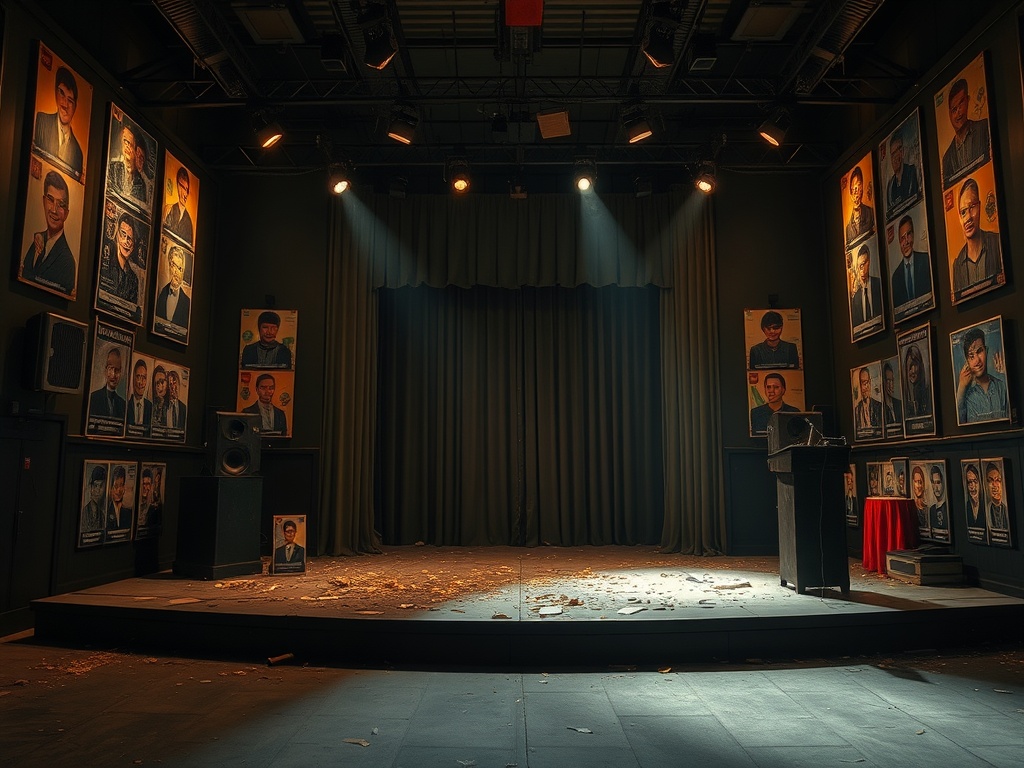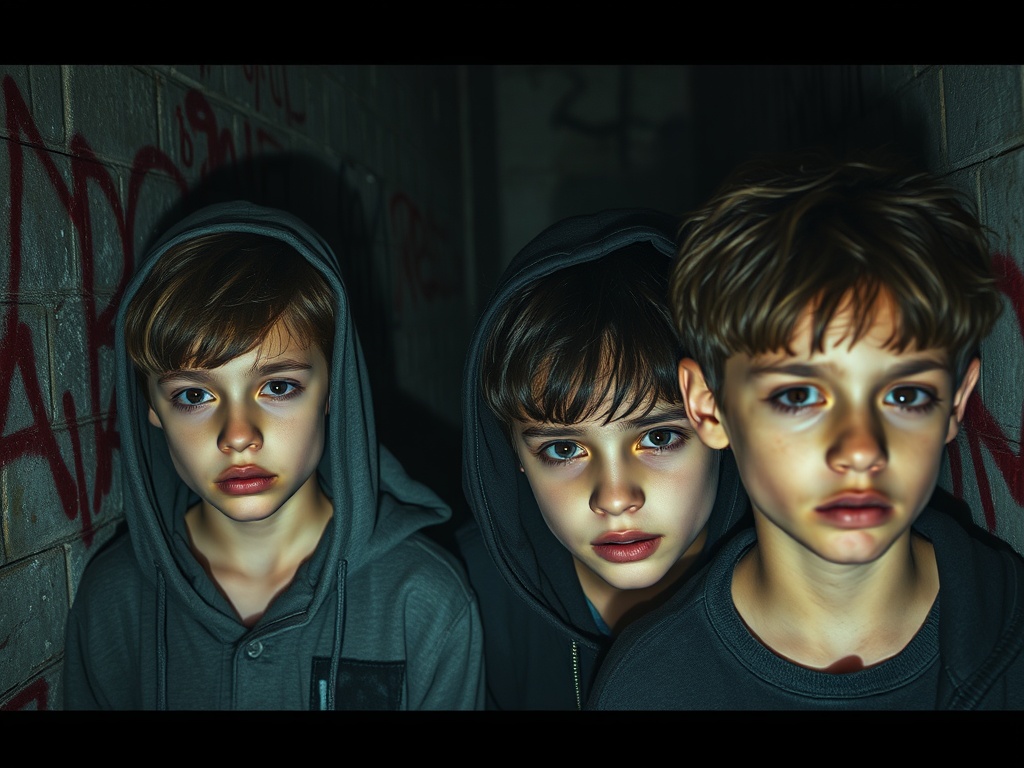Reflecting on Susan Boyle’s Impact on Britain’s Got Talent
I vividly remember the first time I laid eyes on Susan Boyle. I was just 16, perhaps a bit too old to be curled up on the couch with my family, engrossed in Britain’s Got Talent, but in 2009, that was how Saturday nights were often spent. Boyle, at 47, with her unkempt greying curls, a drab lace dress, and a thick Scottish accent, didn’t resemble the pop stars I was accustomed to. As she playfully thrust her hips at Simon Cowell, declaring her ambition to be as big as Elaine Paige, she was swiftly categorized as one of the show’s comic acts. Then, she sang. That one breathtaking rendition of “I Dreamed a Dream” transformed Boyle’s life forever—her debut album went on to become one of the best-selling albums of the 21st century, amassing over 10 million sales worldwide. By 2011, she had made history as the first woman to have three consecutive albums debut at No 1 within a span of just two years. Although she didn’t clinch the title of the series (that distinction went to Diversity), she still had the honor of performing for the late Queen during her Diamond Jubilee and at the opening ceremony of the 2014 Commonwealth Games.
However, such a phenomenon is unlikely to occur today. Not because Boyle’s remarkable talent doesn’t still warrant such recognition (I recently rewatched that audition and felt the same rush of emotions) but because Britain’s Got Talent has become culturally irrelevant.
The Return of BGT

This evening, BGT returns for its 18th series. Simon Cowell, the mastermind behind the show, resumes his role as a judge, accompanied by Bruno Tonioli, Amanda Holden, and Alesha Dixon. As usual, a diverse array of acts—robots, strongmen, dancers, singers, impressionists, and even a pole-dancing seagull—will vie for the coveted £250,000 prize and the illustrious opportunity to perform at the Royal Variety Performance.
ITV would like viewers to believe that this is a revamped BGT. New to the panel is YouTuber, musician, boxer, and energy drink entrepreneur KSI, presumably brought on board in hopes of enticing a fraction of his impressive 25 million subscribers. There are also several broadcasting changes: the show is airing earlier in the year than usual, filling the void left by the passing of Ant and Dec’s Saturday Night Takeaway, and the live semi-finals will now occur weekly rather than being crammed into a single week. Yet, will any of these changes truly matter? I have my doubts.
Back in 2009, when Boyle graced the stage, an average of 13.36 million viewers tuned in to watch Simon Cowell and his fellow judges make and break dreams across the nation. Today, that number has plummeted to less than half—5.64 million viewers. Admittedly, with Netflix and other streaming services dominating our screens, these figures can be misleading; the overall viewership of broadcast channels has significantly declined, and any show that attracts over five million viewers can still be considered a success.
The real challenge for Cowell lies in the diminishing value of BGT as a platform for discovering stars. Why would anyone want to showcase their talent to a seemingly outdated figure like Simon Cowell when they could become a household name by appearing on a show like The Traitors and performing a nursery rhyme backwards? (Case in point: this year’s contestant Alexander). Social media, especially TikTok and YouTube, has emerged as a vibrant landscape for talent discovery. In fact, numerous TikTok stars, such as 10-year-old dancer Trey Braine and comedian Bobby Goldfin, have made their way onto the BGT stage in recent years; I can only assume they were invited to do so for the same reason KSI now occupies a judge’s seat.
Yet BGT was at its finest when it embraced outsiders. Contestants like Susan Boyle, Diversity, dancer George Sampson, and singer Paul Potts resonated with audiences because they were genuine individuals who likely wouldn’t have had such opportunities without a platform like BGT. In its heyday, we viewed Cowell as a dream-maker, kindly guiding talented individuals toward stardom. We overlooked or even ignored the fact that a significant portion of BGT functioned as a freak show, mocking those who dared to showcase their talents, regardless of their abilities. We often pondered, “Why does no one tell them they can’t dance?” placing the blame on the acts and their supportive families, rather than on the producers who put them on stage or ourselves for laughing along from home.
In truth, those humorous acts made BGT enjoyable to watch. I must confess, now that the show has shifted away from poking fun at its auditionees, it has become little more than a collection of tear-jerking hopeful stories—essentially unwatchable.
The Changing Landscape of Talent Shows
There is an undeniable currency in authenticity today, and in this regard, BGT is utterly bankrupt. Behind-the-scenes moments feel contrived, emotional beats are overtly manipulated, and audience reactions seem artificially staged (those who have sat in the audience of these shows know just how exhausting it can be to feign laughter and clap on cue for hours). Moreover, in 2022, even former judge David Walliams revealed his own inauthenticity when he was caught making lewd remarks about a contestant and referring to another as a “ct.” His swift departure was no surprise; Britain’s Got Talent is meant to be a celebration of the ordinary, and it couldn’t afford to have a judge who openly disdained those trying to impress him.
But the decline of Britain’s Got Talent had begun long before that scandal. We live in a markedly different era, and Simon Cowell is no longer the monarch the British public once revered. The program feels like a shell of its former self, limping along and desperately clinging to the dwindling audience that remains. No amount of TikTok dancers or YouTube stars at the judging table will resurrect it from its current state. If only I had my own big red buzzer.
Britain’s Got Talent premieres tonight at 7pm on ITV1




